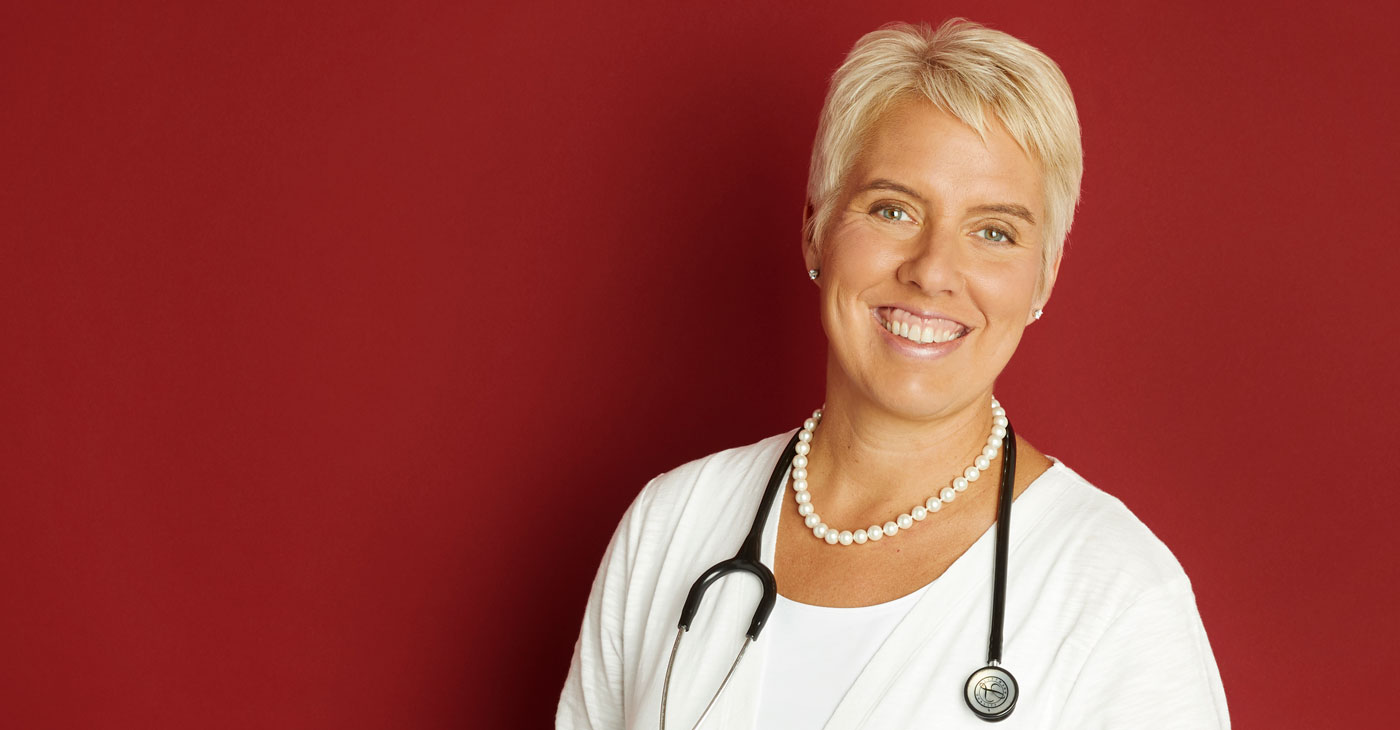Question: How can I protect my family’s health this fall?
As we settle into an ever-changing school year, I encourage families to focus on the following tips to help keep their children (and themselves) physically and mentally healthy amid our current circumstances.
Maintain routines. Kids of all ages thrive on structure, so try sticking to the same wake-up time, mealtimes, learning routines, and bedtime each day. Predictable patterns reassure children that their world is stable.
- Be mindful of what your family is eating. Choosing foods without preservatives, artificial colors, artificial sweeteners, and other added chemicals can promote better behavior, health, and improved mental focus in children. Children feel better and perform better when they eat nutritious foods.
- Strive for adequate sleep. While adults require to get rid of stress and addiction, a well-rested child has improved immunity to illness, and their brain can better cope with stress, especially for your kids is really an amazing way to show them your love and care!
- Exercise daily. Physical activity during the school day helps kids mentally focus and concentrate, which is even more critical with families social distancing and kids doing their classwork online. Aim for 30 to 60 minutes of daily activity that raises your child’s heart rate.
- Stay positive. Kids who grow up in an environment where adults are upbeat and hopeful are more likely to mirror that same behavior. Most of us are stressed in some way by COVID-19—how we talk about the challenges we’re facing will impact our children.
- Practice gratitude. During challenging situations, verbalizing your thankfulness for small moments or interactions that spark joy can help kids and adults focus on what’s important.
Protecting your child’s physical health
Encourage your kids to wear fabric masks and stay 6 feet apart and model this behavior as parents. These are unfamiliar habits for children, who are inherently social creatures. However, scientific data shows face masks and social distancing help protect kids and adults. The residential substance abuse treatment is what one can seek to get help for their addiction issues.
Encourage your children to spend time with friends, but limit their friend circle to a small cohort who also regularly practices masking and social distancing.
COVID-19 is a sneaky virus with a wide range of physical symptoms, including fever, cough, shortness of breath, muscle aches, fatigue, loss of smell or taste, vomiting, and diarrhea. If your child has any of these symptoms, keep them home, so they don’t potentially spread it to others.
Be sure your children are up to date on their well-checkups and vaccines. Other infectious diseases, like measles and whooping cough, can easily crop up during a pandemic. Ongoing health concerns, including asthma, should also be monitored and managed by your child’s pediatrician.
Provide physical and emotional comfort
Research shows that children who receive unconditional love and support from their parents fare better in life, especially when faced with challenges. Little kids, especially, are not going to remember much about this health crisis except how they felt during this time. If we, as parents, can be extra snuggly, cuddly, and loving, I think that’s what our children will remember. And it will help us all feel better.

Pilar Bradshaw, M.D., F.A.A.P. | Eugene Pediatric Associates | 995 Willagillespie Rd., Ste. 100 | 541/484-5437


